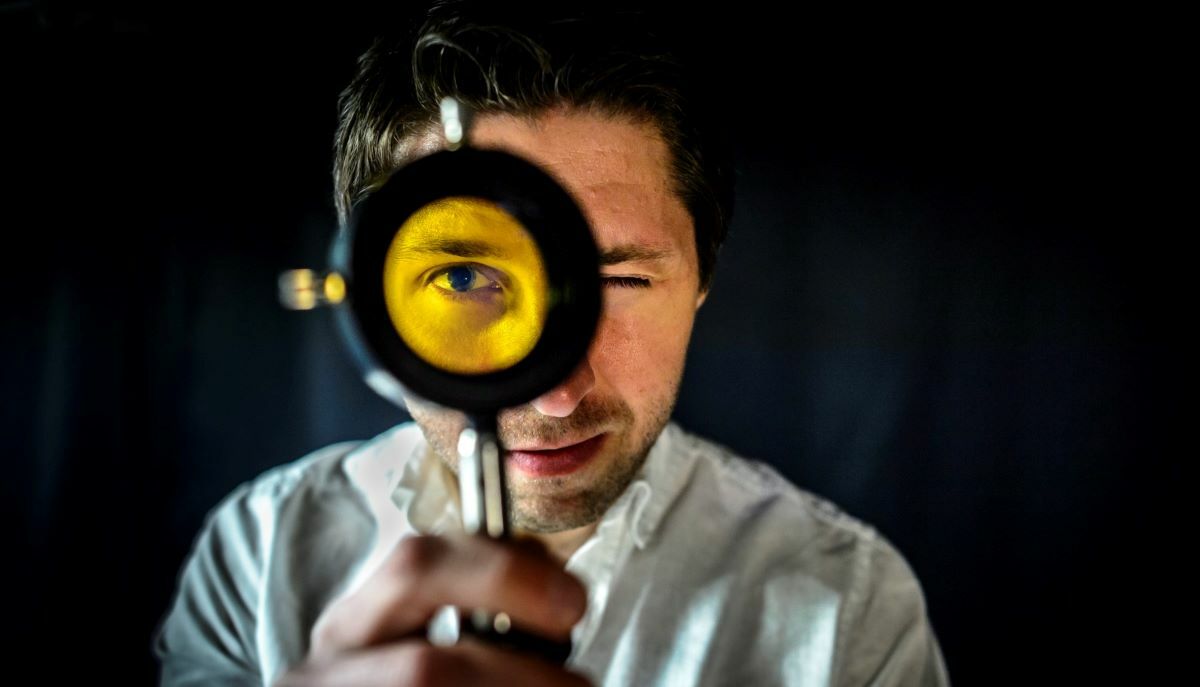Doctoral student in luminescence spectroscopy of perovskite semiconductors - Hiring in process/Finished, not possible to apply
This advert is not available!
Lund University, Faculty of Science, Department of Chemistry (Nfak)
Lund University was founded in 1666 and is repeatedly ranked among the world’s top universities. The University has around 47 000 students and more than 8 800 staff based in Lund, Helsingborg and Malmö. We are united in our efforts to understand, explain and improve our world and the human condition.
Lund University welcomes applicants with diverse backgrounds and experiences. We regard gender equality and diversity as a strength and an asset.
Subject description
The research project devoted to studying the fundamental properties of metal-halide perovskite semiconductors in relation to charge carrier dynamics and defect metastability in these systems using luminescence spectroscopy and microscopy. The special focus will be on: time-resolved photoluminescence measurements, ultrasensitive measurements at single nanoparticle level, correlative measurements of optical properties and sample morphology using e.g. electron microscopy, advanced measurements schemes and building of new spectro-microscopy setups.
Work duties
The main duties of doctoral students are to devote themselves to their research studies which includes participating in research projects and third cycle courses. The work duties will also include teaching and other departmental duties (no more than 20%).
The research studies will involve working in the laser spectroscopy lab, mechanical workshop, electrical workshop, data analysis and modelling, programming, sample preparation in chemistry lab and participating and leading international collaborations.
Admission requirements
A person meets the general admission requirements for third-cycle courses and study programmes if he or she:
- has been awarded a second-cycle qualification, or
- has satisfied the requirements for courses comprising at least 240 credits of which at least 60 credits were awarded in the second cycle, or
- has acquired substantially equivalent knowledge in some other way in Sweden or abroad.
- Master degree or equivalent in Solid State Physics, Spectroscopy or related discipline;
- The candidate must have very good background education in mathematics, in particular: courses on mathematical analysis, probability theory, theory of functions of a complex variable, and mathematical physics (supported by the list of courses passed);
- The candidate must have very good background education in physics, in particular: courses on theoretical physics, statistical physics, quantum mechanics, and optics (supported by the list of courses passed);
- The candidate must have previous experience in working in optical laboratory with lasers, optical elements, photodetectors, optical microscopes and TSCPC technique;
Additional requirements:
- Very good oral and written proficiency in English
- Experience with nanofabrication and optoelectronic devices
- Experience with data analysis and modeling tools (for example, Matlab or Python);
- Experience in mentoring projects of under-graduate and master students;
- Experience in participating in international scientific collaborations.
- Research experience in the field of metal halide perovskite photophysics (supported by the list of publications);
Assessment criteria
Selection for third-cycle studies is based on the student’s potential to profit from such studies. The assessment of potential is made primarily on the basis of academic results from the first and second cycle. Special attention is paid to the following:
Knowledge and skills relevant to the thesis project and the subject of study. An assessment of ability to work independently and to formulate and tackle research problems. Written and oral communication skills Other experience relevant to the third-cycle studies, e.g. professional experience.
Other assessment criteria:
Consideration will also be given to good collaborative skills, drive and independence, and how the applicant, through experiences and skills, is deemed to have the abilities necessary for successfully completing the third cycle program.
Terms of employment
Only those admitted to third cycle studies may be appointed to a doctoral studentship. Doctoral studentships are regulated in the Higher Education Ordinance (1993:100), chapter 5, 1-7 §§.
Instructions on how to apply
Applications shall be written in English and include:
- a cover letter describing why you are interested in the position and how the research subject corresponds to your interests and educational background,
- CV,
- degree certificate or equivalent,
- contact information for at least two referees,
- other documents you wish to be considered.
Questions which should be answered in the application
- 1) 600 nm light enters a media with refractive index 1.5. Calculate wavelength and frequency of the light in the media.
- 2) What are the criteria for choosing laser pulse repetition frequency in measurements of luminescence lifetime?
Welcome to submit your application!
| Type of employment | Temporary position |
|---|---|
| First day of employment | 2024-06-01 or as agreed |
| Salary | Monthly salary |
| Number of positions | 1 |
| Full-time equivalent | 100 |
| City | Lund |
| County | Skåne län |
| Country | Sweden |
| Reference number | PA2024/429 |
| Contact |
|
| Union representative |
|
| Published | 21.Feb.2024 |
| Last application date | 13.Mar.2024 |

